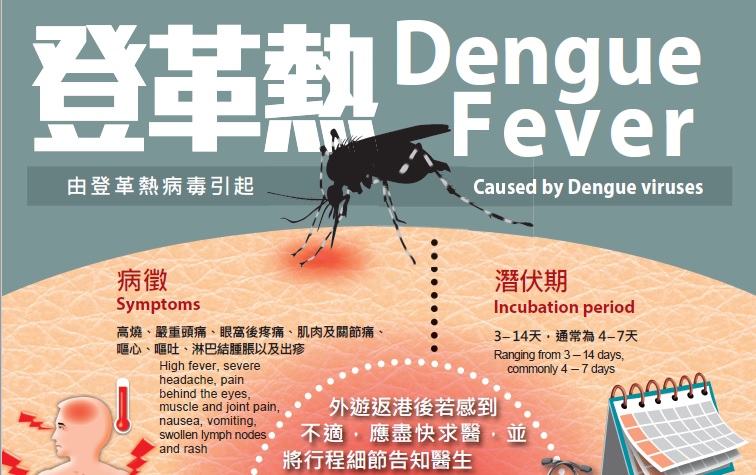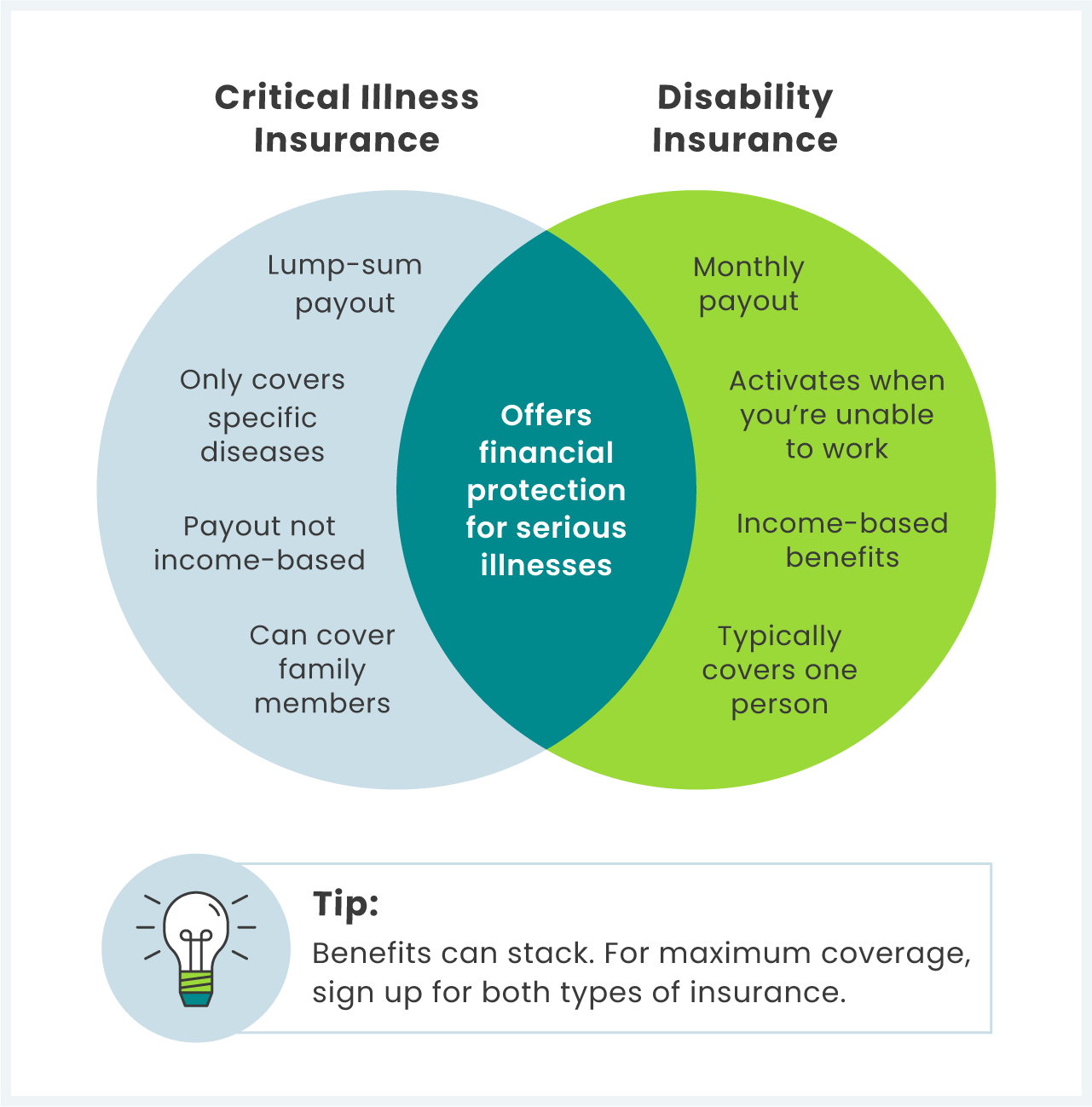This post is also available in:
繁體中文 (Chinese (Traditional))

Dengue fever (DF) is a significant public health concern, particularly in tropical and subtropical regions. The Centre for Health Protection (CHP) of the Department of Health in Hong Kong has reported an increase in DF cases, with one imported case recorded from February 28 to March 6, 2024. The patient had traveled to Indonesia during the incubation period. As of March 6, 2024, seven imported DF cases were recorded in Hong Kong, adding to the 161 cases reported in 2024, which include 156 imported and five local cases. In 2023, 62 imported cases of DF were recorded, highlighting a growing trend.
The World Health Organization (WHO) has noted a significant rise in the global incidence of DF over the past two decades. In 2023, over 6.5 million cases and more than 7,300 dengue-related deaths were reported in over 80 countries and territories. The situation worsened in 2024, with the WHO recording over 14 million cases, a record number. This surge underscores the importance of awareness and preventive measures to combat the spread of DF.
To protect the public, the CHP has uploaded detailed information on the latest DF situation in Hong Kong, neighboring, and overseas countries and areas to its website. If you are returning from areas affected by DF, it is crucial to apply insect repellent for 14 days upon arrival in Hong Kong and seek medical advice promptly if you feel unwell. Providing your travel details to a doctor can help in diagnosing and treating DF effectively.
Effective mosquito control is essential in preventing the spread of DF. Here are some practical steps you can take:
- Check and Maintain Drains and Channels: Thoroughly check all gully traps, roof gutters, surface channels, and drains to prevent blockage. Scrub and clean these areas with an alkaline detergent compound at least once a week to remove any deposited mosquito eggs.
- Proper Waste Disposal: Properly dispose of refuse, such as soft drink cans, empty bottles, and boxes, in covered litter containers. This helps eliminate potential breeding sites for mosquitoes.
- Water Management: Change the water of flowers and plants at least once a week. If possible, avoid using saucers to reduce standing water where mosquitoes can lay eggs.
- Ground Leveling: Level irregular ground surfaces before the rainy season to prevent water accumulation.
- Avoid Shrubbery: Stay away from shrubby areas where mosquitoes are more likely to be present.
- Personal Protective Measures: When engaging in outdoor activities, wear light-colored long-sleeved clothes and trousers. Apply insect repellent containing DEET to clothing or uncovered areas of the body.
DEET-containing insect repellents are highly effective in preventing mosquito bites. Here are some tips for using them safely:
- Read the Label: Carefully read the label instructions before use.
- Application Timing: Apply the repellent right before entering an area with a risk of mosquito bites.
- Application Method: Apply the repellent on exposed skin and clothing.
- Concentration Guidelines: Use DEET concentrations of up to 30% for pregnant women and up to 10% for children.
- Sunscreen and Repellent: Apply sunscreen first, followed by the insect repellent.
- Reapplication: Reapply the repellent only when needed and follow the instructions.
For children traveling to countries or areas where mosquito-borne diseases are endemic or epidemic, those aged 2 months or above can use DEET-containing insect repellents with a DEET concentration of up to 30%.
If you encounter mosquito problems, you can call 1823 for assistance. For more information, visit the DF page of the CHP and the Travel Health Service, the latest Travel Health News, tips for using insect repellents, and the CHP Facebook Page and YouTube Channel.
By staying informed and taking proactive measures, you can significantly reduce the risk of contracting dengue fever and contribute to the overall public health effort.



